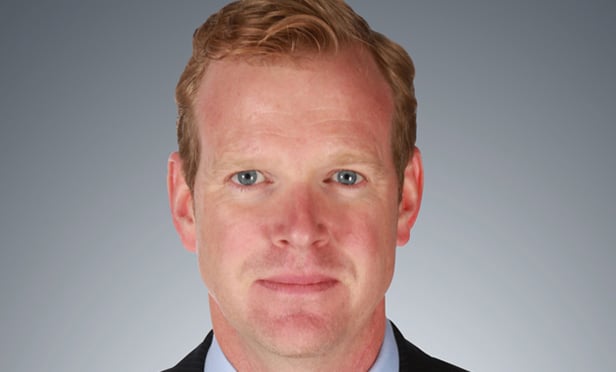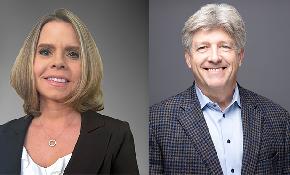 James Nelson
James Nelson
We are going to be talking about considerations for businesses, on whether or not they own or lease their space. This segment of the market has received a lot of attention recently, especially from those who are buying office condos as a way to expand their businesses. In the first half of the year, although sales across almost all asset classes went down, office condo sales went up by 184 percent. The only two asset classes that also recorded gains were industrial and single family. Although office condos in other cities around the world are very prominent, here in New York, especially Manhattan, it is a very small percentage. Office condos only account for about 10 million square feet, compared to 400 million square feet available for lease.
Here to discuss some of the considerations are Aaron Lerner, senior manager at the accounting firm EisnerAmper, and Mario Dicerbo, SVP at Bank of America, to talk about some of the financing options.
James Nelson: Aaron, there has been some new accounting changes that deal with how companies treat their leasing obligations. Could you tell us a little bit of the considerations of the accounting of owning versus leasing?
Aaron Lerner: When you own, obviously you have a mortgage, so there is a liability on the books against your building. Today, the gap standards have been changing, and they want you to bring your full lease obligation onto your balance sheet, as well. As opposed to just being a lease expense, now you have a liability for the overall lease expense over time.
Nelson: Is it true that if you own your office space, you are not subject to commercial rent tax?
Lerner: Correct. An owner would not be paying the commercial rent tax, versus somebody that leases would be paying the commercial rent tax, depending on, obviously, how much rent they pay over the year.
Nelson: What are some of the accounting considerations of owning? Why would you want to own? Why would you want to lease?
Lerner: There I would say it is probably investment objectives. If your investment objectives line up with buying, you are building equity, and you get non-cash deductions for depreciation. You also get to deduct your real estate taxes, and mortgage interest, versus a lease, which would be an all-encompassing lease expense. On the other hand, you are building equity with purchasing a commercial property.
Nelson: It seems that not-for-profits have been very active in this space. Why would not-for-profits look to buy?
Lerner: There are a couple of considerations. One main one would be that they would not have to pay for the real estate taxes, because 501(c)(3)s are not required to pay real estate taxes. Another one would be transfer tax possibility that depends upon the locality and where you are talking about. Everyone should obviously contact their real estate attorney and make sure that before they make the purchase, they would know.
Nelson: Mario, there is also some very attractive financing options when buying real estate for your own business. Bank of America arranges SBA 504 financing. Can you tell us a little bit about that program?
Mario Dicerbo: The SBA 504 program is a program that allows for 90 percent project financing. A project is defined as the cost of acquisition, plus the cost of a build-out, and soft costs. For example, mortgage tax in New York City is 2.8 percent. That could be included in the financing which lower the out-of-pocket cash outlay for a company. The way that it works is the bank provides the first mortgage for the first 50 percent, and the SBA provides a junior note behind us at 40 percent through a certified development company. Ultimately we come up with that financing together.
A couple of benefits of the program is that there is no mortgage recording tax on the 40% percent of the SBA portion of the mortgage, which again, only help the company lower costs. A couple of other benefits of the program is that it currently carries a long-term 20-year fixed rate at 4.37 percent, which is subsidized. This is great for a company to lower their out carry costs going forward. The SBA note can also be assumable, which is something that is palatable for companies who may sell their space later when the rates may be going up.
Nelson: Beyond real estate, what else can be financed?
Dicerbo: Beyond real estate, there are a couple of things that can be included in the program. The cost of a build-out, the cost of the respective soft costs that I mentioned earlier. However, equipment can also be included in this program. For example in the medical community, you can include dental chairs and equipment as part of the project financing.
Nelson: Is this really just for small businesses? Who else would be a good candidate for the program?
Dicerbo: The word “small” is something that we have to understand. A long time ago, there was the maximum SBA second mortgage of $2 million. Today, that second mortgage maximum is either $5 million or $5.5 million, depending on the type of company that is buying, which allows for projects to be financed in the $13 million, $15 million, and $17 million range, which are far from the small project financing of yesteryear.

















 Copyright © 2024 ALM Global, LLC. All Rights Reserved.
Copyright © 2024 ALM Global, LLC. All Rights Reserved.